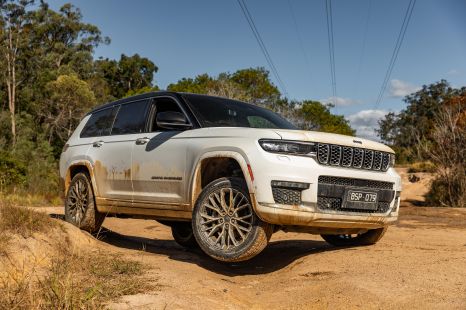

William Stopford
Every SUV, ute and van discontinued in Australia in 2025
12 Hours Ago

Journalist
Electric car startup Rivian is cutting back to move forward, and more will be revealed by the weekend.
In a letter to employees, and seen by Carscoops and Reuters, CEO R. J. Scaringe said the automaker is making changes, including “prioritising certain programs (and stopping some), halting certain non-manufacturing hiring and adopting major cost down efforts to reduce material spend and operating expenses”.
Those priorities include improving output of the R1T ute and R1S SUV, finishing the upcoming EDV delivery van for Amazon, and developing the smaller R2 line of vehicles.
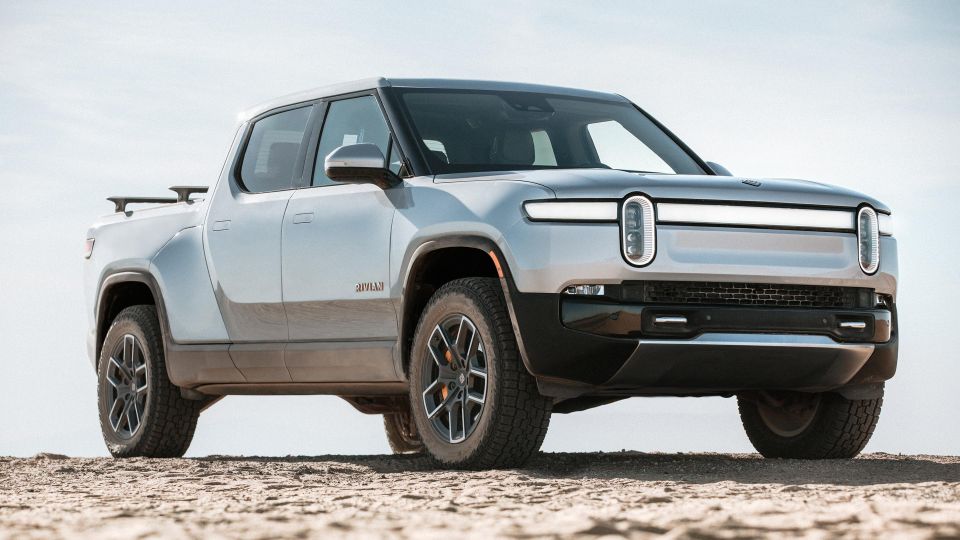
He went on to say the automaker “is not immune to the current economic circumstances” and that “every decision about our team is being assessed through the lens of our strategic priorities, not as a mechanism to simply reduce costs”.
Sources have told Bloomberg Rivian will retrench up to five per cent of its current workforce of 14,000 people. If that number proves to be accurate, up to 700 people could soon lose their jobs.
The company has scheduled an all-hands meeting with employees on Friday morning (US time) to outline its cost-cutting measures.
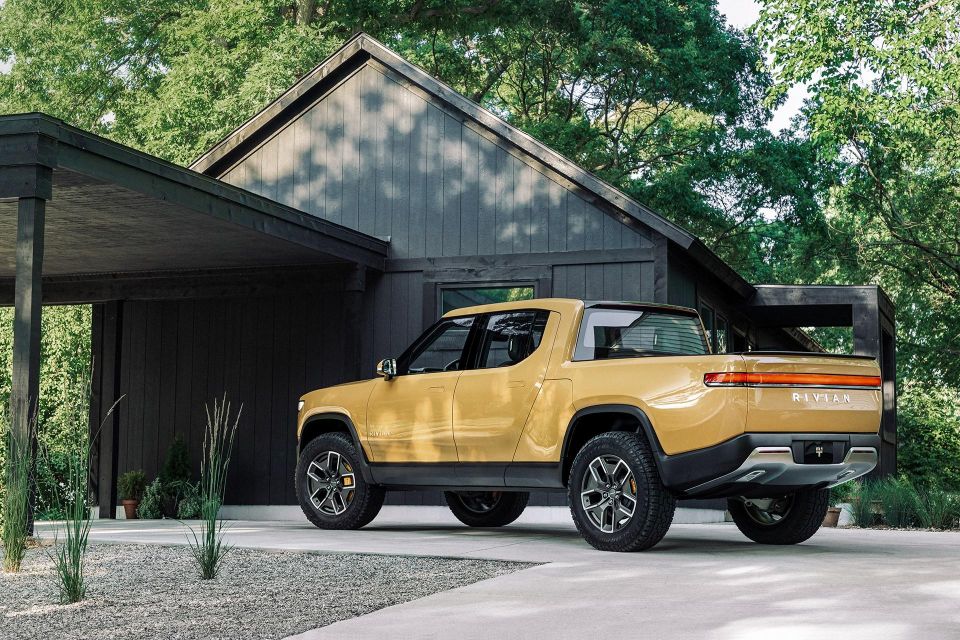
Rivian has doubled its headcount in the past year as it scaled up production of the R1T and R1S at the former Mitsubishi factory it owns in Normal, Illinois.
It is also building a second factory in Georgia. Priced at around US$5 billion ($7 billion), the new plant is set to open in 2025 and will build the firm’s R2 range.
Scaringe claims the company is “financially well positioned” with a “strong” outlook. The company says at the end of the first quarter of 2022 it had US$16 billion ($23 billion) in cash.
Last quarter the automaker lost $US1.59 billion ($A2.32 billion) and is likely to continue to stay in the red until production, and consequently sales, increase dramatically.
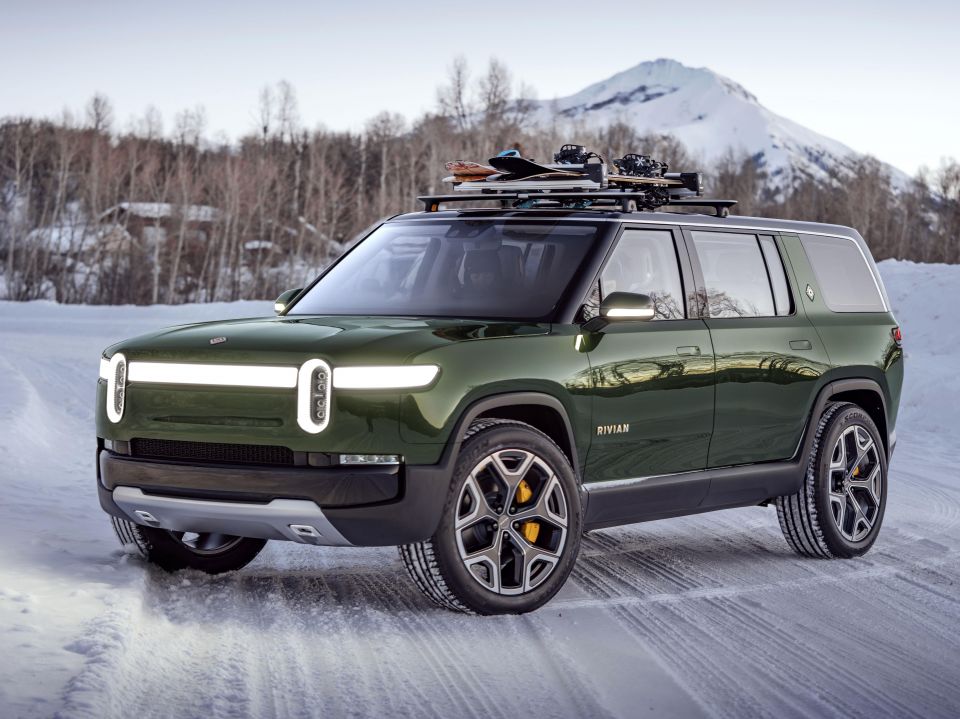
The company launched its R1T pickup truck last year and is starting deliveries of its R1S SUV, and both vehicles have been well received in the media.
However, like Tesla in the early days of the Model 3, Rivian has struggled with ramping up production.
Rivian says it is now on track to meet its production goal of 25,000 vehicles in 2022. It had earlier planned to produce about double that amount, but has blamed supply chain constraints for being unable to reach that number.
As with some other manufacturers, Rivian has also increased prices for its vehicles. In March it bumped up prices by around 17 per cent for both new and existing reservations.
A public outcry led by reservation holders forced the firm to backtrack, with Scaringe forced into a mea culpa where he acknowledged Rivian “broke the trust” with its customers.
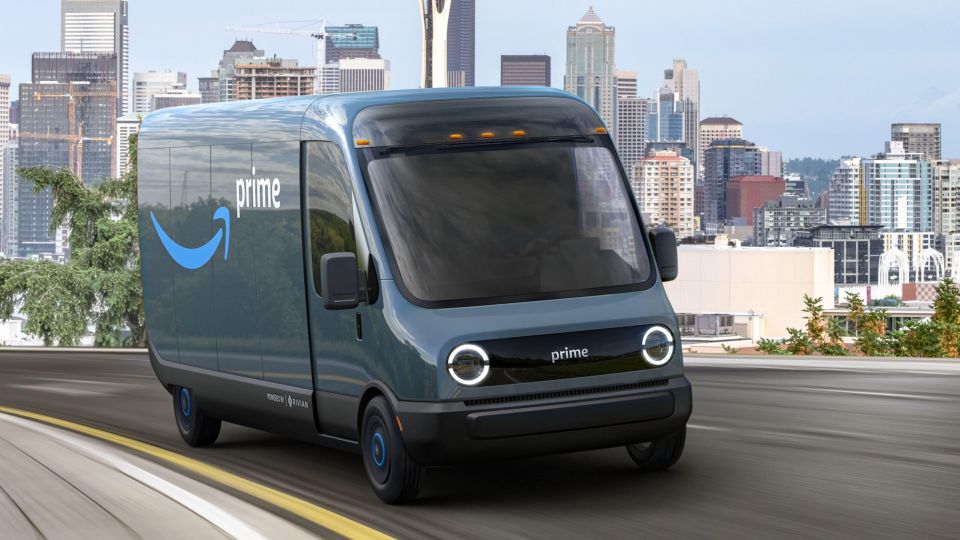
Rivian’s production struggles have made investors jittery. At the time of writing the company’s shares are trading at US$30.57 ($44.07), well off the high of $US179.47 ($A260.84) it hit in November 2021.
Rival Tesla is also trimming its workforce. According to Reuters, the firm is closing its Autopilot development office in San Mateo, California.
This will reduce the company’s headcount by 229 people. CEO Elon Musk has previously told managers at the firm he has a “super bad feeling” about the company, and said the automaker should reduce its employee count by up to 10 per cent.
Where expert car reviews meet expert car buying – CarExpert gives you trusted advice, personalised service and real savings on your next new car.
Derek Fung would love to tell you about his multiple degrees, but he's too busy writing up some news right now. In his spare time Derek loves chasing automotive rabbits down the hole. Based in New York, New York, Derek loves to travel and is very much a window not an aisle person.


William Stopford
12 Hours Ago
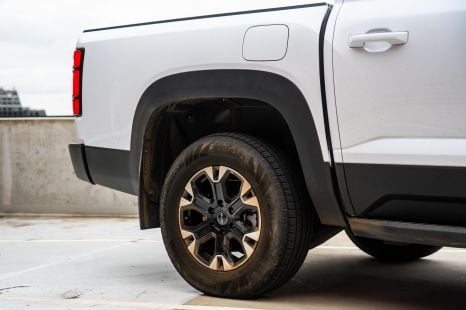

Ben Zachariah
13 Hours Ago
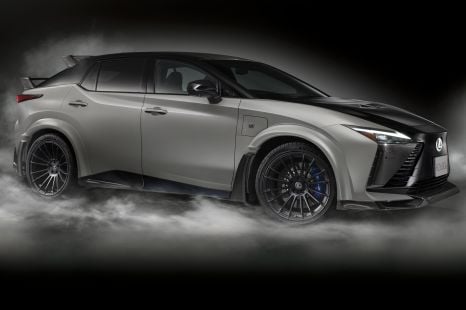

Derek Fung
13 Hours Ago
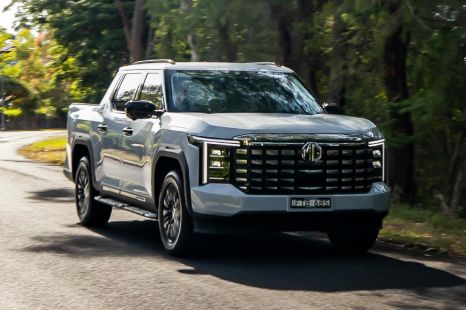

Matt Campbell
20 Hours Ago
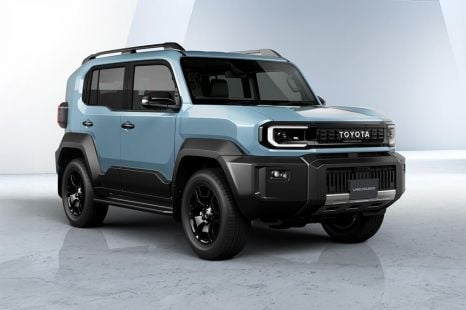

William Stopford
1 Day Ago
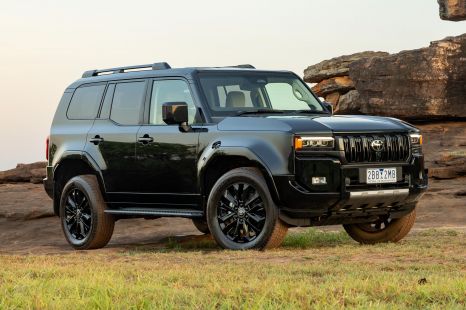

Josh Nevett
2 Days Ago